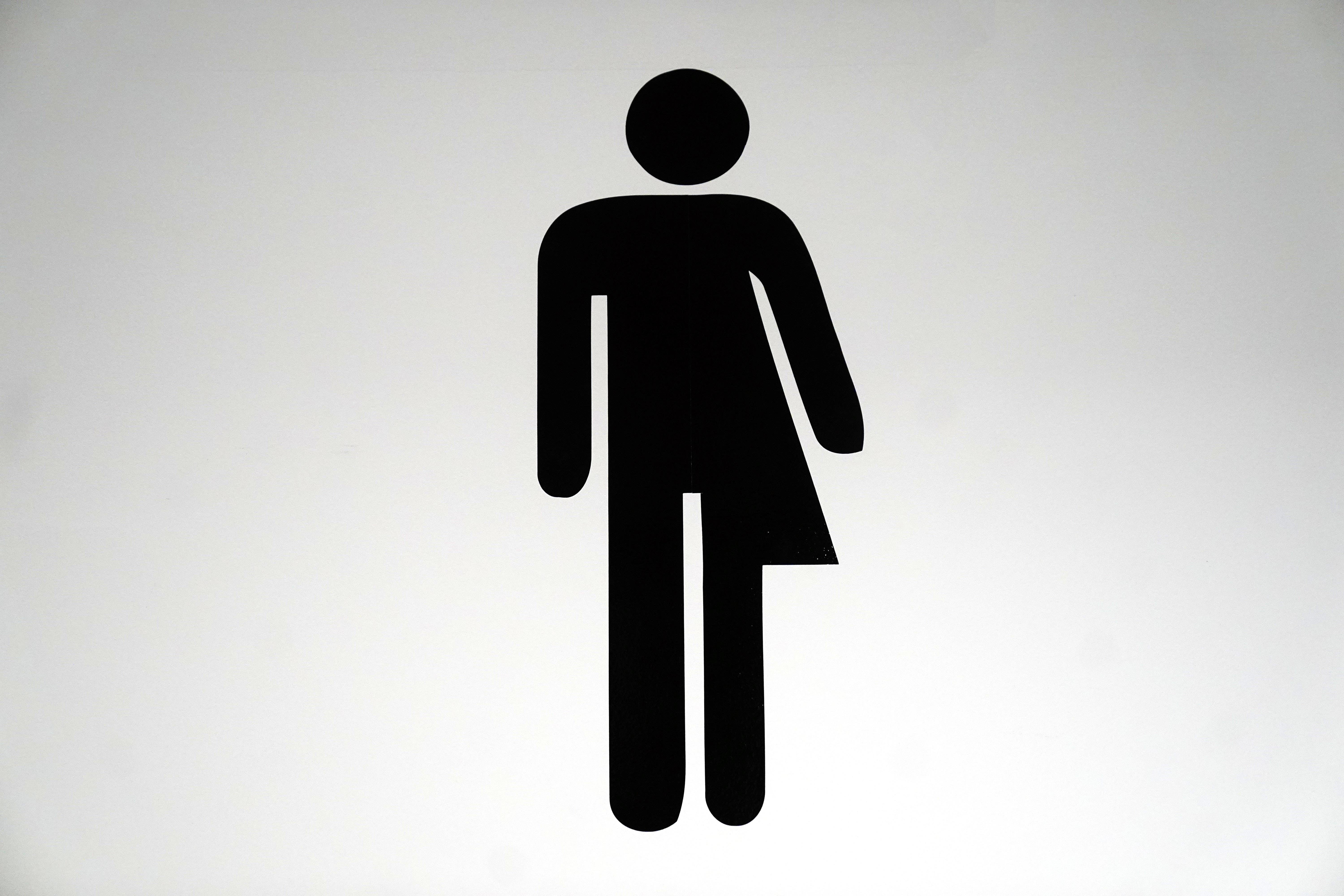The Equality Act has only pushed true equality out of reach
Letters to the editor: our readers share their views. Please send your letters to letters@independent.co.uk

There is a first for everything: Kemi Badenoch has said something regarding the Equality Act that I can at least partially agree with (“Badenoch says Equality Act has been misinterpreted and ‘fed discontent’ in communities”, Sunday 18 August).
The 2010 Equality Act is widely misunderstood. It does not create “protected groups”; it only defines nine “protected characteristics” or grounds on which it is illegal to discriminate. For example, it is as illegal to discriminate against men as it is against women. It is entirely neutral as to how a person expresses their sex, sexuality, gender, religion, race etc.
The characteristic that Badenoch has in her sights – gender reassignment – simply requires that a person cannot be discriminated for or against on the grounds that they have changed, or intend to change, their legal gender. The difficulty in this particular case is to define both “intends to” and “discriminate”.
The oddity is that almost all the cases that reach the courts relate to a refusal to treat someone intending to transition as being of their target gender, which would not be possible if men and women were, in fact, treated the same in the first place.
The more the “trans debate” continues, the more I suspect that Badenoch’s real gripe will be shown to be not about gender reassignment being a protected characteristic, but rather sex. As long as special protections for women remain, we should not be surprised if true equality remains out of reach.
Rachael Padman
Newmarket
The war at home
Our defence policy is entirely outdated and, frankly, a waste of money. We are already backing both Ukraine’s war with Russia and Israel’s warmongering in the Middle East. Money set aside for nuclear deterrents could be better spent at home.
In particular, it could be spent on the defence of women and girls from violence, sexual abuse and murder in the UK, where we are facing an epidemic of rising misogyny.
Clare Evans
London
Finish the sentence
As well as considering releasing prisoners before they have served their minimum sentence, surely it would be sensible, if not also humane, to release all those given indeterminate sentences?
Many have served years longer than they should have under David Blunkett’s cruel IPP scheme, many of whom are incarcerated for minor offences.
Geoff Forward
Stirling
Time’s up
How fickle the British people are. A recent poll taken after the election shows support for the prime minister to be down, and that many view the country as “going in the wrong direction”. After just five weeks?! You’ve got to be joking,
We already knew before the election it was going to be tough for Keir Starmer to pick up the pieces left by the Conservatives. But it just shows you just how quickly the public forgets the Tories’ misrule and mistakes over the last 14 years. It is beyond belief the thinking of people.
Paul Atkins
Burntwood
Business leaders can’t escape climate change
Cases that hold policymakers and businesses accountable for protecting the planet are on the rise. Just recently, for example, the top UN court set a date to start hearing in a landmark case on the obligations of the United States “in respect of climate change”.
More cases are being filed against businesses, litigation about investment decisions is increasing, and there has been growth in “climate-washing” lawsuits.
Climate cases have a direct and indirect impact on decision-making at board, policy, judicial and government level. The fallout can result in shifts in approach, as well as financial and reputational damage, even when cases are unsuccessful.
If the ICJ rules that countries are obliged under international law to protect the climate and environment, parliament may need to pass new laws that increase businesses’ duties in line with those of the government.
Business leaders watching the ICJ case should focus on preparing for companies’ environmental responsibilities to become established in law.
Leticia Jennings
London






Join our commenting forum
Join thought-provoking conversations, follow other Independent readers and see their replies
Comments